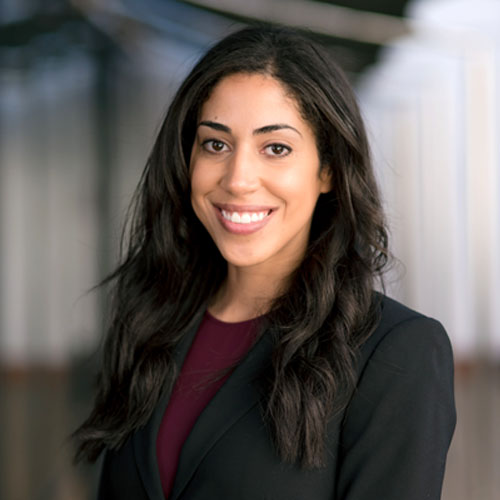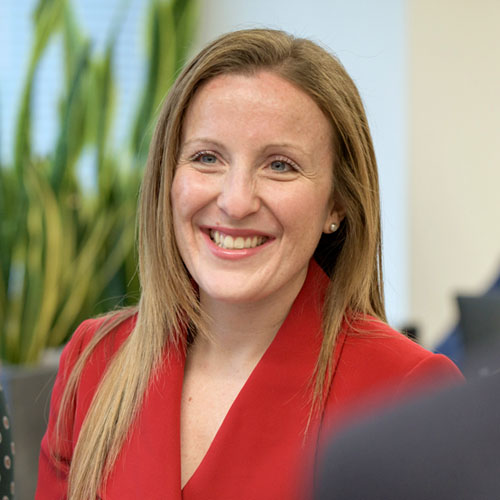How cultural differences enhance the Full-time MBA experience
Three of our Full-time MBA participants share their thoughts and reflections about how the cultural differences of the cohort are enhancing their MBA experience and helping them to grow and learn.
Ariya Sotthithammarak
I decided to study for a Full-time MBA outside of my country mainly because I wanted to challenge myself to step out of my comfort zone, expand my perspectives, and learn new things from people all over the world. With a cohort made up of 116 talents from 39 countries representing different professional backgrounds, diverse work experiences, and various cultures, I have not been disappointed. Nobody has the same tale to tell and we have never been short of fascinating stories to share.
The diversity of the cohort at Warwick Business School is adding real value to my MBA. It provides a safe environment for me to challenge myself in, try new approaches and learn from my mistakes to further grow and develop. The tremendous mix of nationalities provides me with plenty of opportunities to learn about others whilst, most importantly, deeply learn about myself. This is a great opportunity that I could not find anywhere else. Working with people from all over the word is truly amazing in my opinion, it challenges the way I think, the way I interact with others, and the way I approach situations. I can say that doing my MBA at Warwick Business School is one of the best decisions I have made.
Brittany Walker
 A challenge beyond the coursework is to function within our syndicate groups, and learn each other’s working and communication styles, to become a high-performing team. In the first term, my syndicate team consisted of seven people from six different countries (USA, UK, Mauritius, China, India, and Thailand). We had to learn to interact and communicate as a group, and this could only happen if we took the time to listen to each other and be respectful of our differences.
A challenge beyond the coursework is to function within our syndicate groups, and learn each other’s working and communication styles, to become a high-performing team. In the first term, my syndicate team consisted of seven people from six different countries (USA, UK, Mauritius, China, India, and Thailand). We had to learn to interact and communicate as a group, and this could only happen if we took the time to listen to each other and be respectful of our differences.
In instances of frustration, we often found that we were saying the same thing, just using different terminology or phrasing. We had to have a desire to truly understand the point that was being made, or it would be easy to move on and disregard what was being said. Having the mutual respect for each other and keeping the cultural differences top of mind helped our team work through some of these challenging meetings where we seemed misaligned and made it possible for our team to move forward towards our common goal. Understanding and relating to cultural differences, learning to adapt my behaviour, and increasing my awareness have been critical steps to creating strong group relationships and producing quality work.
The varied perspectives and experiences of my classmates keep me open and curious as I continue to learn and think in new ways, and the benefits of being in this diverse environment while completing my MBA have been tremendous. As I think about potential organisations that I’ll be applying to upon graduation, the level of diversity will be a factor that I keep in mind, in the hopes of continuing to be surrounded by individuals from whom I can learn and grow.
 Kristen Rossi
Kristen Rossi
It’s not only through language and tradition that we learn from each other. In class, I am always intrigued by how the culture in which one grows brings a different perspective to the classroom. When listening to Israel from Mexico or Moe from Qatar talk about business, it reminds me of that how one conducts business is not a matter of their own preference, but of where they are in the world and who they are dealing with. With an American or a German, I probably would start a meeting getting straight to the point, but if dealing with a Mexican client, not only should my emails be filled with pleasantries and more personalisation, but business matters should only be addressed after building a rapport.
This further highlights that as we diverge back into the “real world” come September, one management style will not fit all. This idea does get addressed in theory in the classroom, but it is not until it comes from a fellow cohort member’s mouth (as daily you interact with fellow students with other experiences), that it truly sinks in.
So “what is it like working with people from all over the world?” I could not imagine it any other way. We each have something to give and learn from one another and, although it may sound cliché, it is inspiring.
Find out more about the Full-time MBA




 X
X Facebook
Facebook LinkedIn
LinkedIn YouTube
YouTube Instagram
Instagram Tiktok
Tiktok